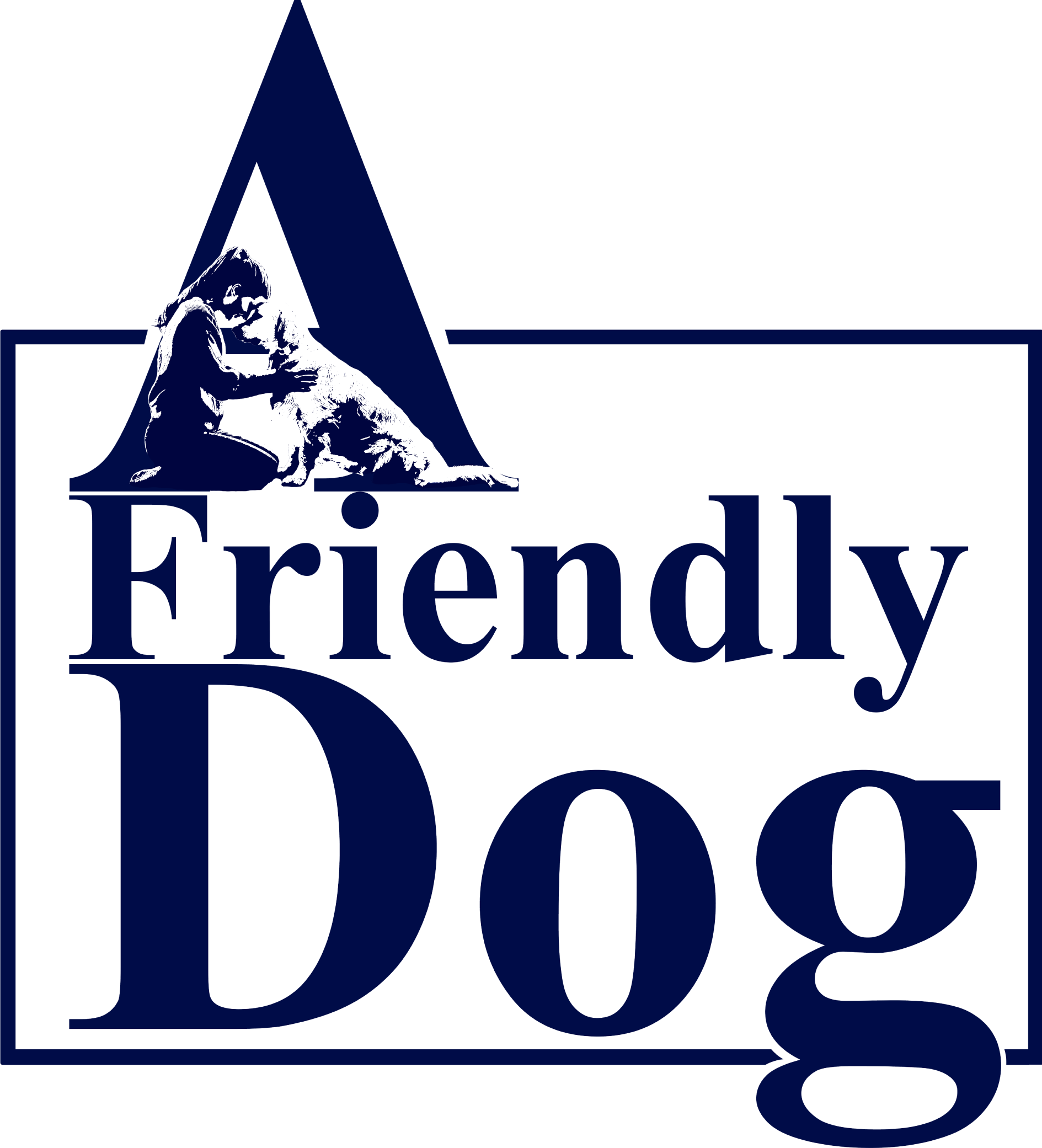Dogs can experience anxiety due to various reasons, such as separation, fear of loud noises, changes in routine, and environmental differences. Recognizing signs of anxiety, such as excessive barking, whining, destructive behavior, panting, pacing, trembling, loss of appetite, and trying to hide or escape from the stressful situation, is crucial for providing the best care possible.
Here are some tips for calming your dog naturally:
- Establish a consistent schedule for your dog, including feeding times, exercise times, playtimes, and sleep times. Dogs thrive on predictability and structure, and maintaining a regular routine can help them feel comfortable and secure.
- Play music or white noise to create a soothing and calming environment for your dog. This can help reduce their stress and anxiety levels, and also drown out unpredictable noises that trigger anxiety. Many apps and playlists are available specifically curated to calm and soothe dogs.
- Dressing dogs in a Thundershirt can help them cope with stressful situations like thunderstorms, car rides, trips to the veterinarian, or fireworks. The gentle pressure from the Thundershirt makes dogs feel hugged and soothes their anxieties, keeping them calm in distressing situations.
- Exercise and playtime are important for a dog’s overall well-being. Regular physical activity not only burns off excess energy but also releases endorphins that reduce anxiety and stress in dogs. Activities like walking, playing fetch, tug-of-war, or running around the backyard benefit dogs both physically and mentally.
- Dogs also need mental stimulation to prevent boredom and anxiety. Keeping their minds active and engaged is crucial. Puzzle toys and training sessions can provide mental stimulation, allowing dogs to learn new tricks, use problem-solving skills, and stay mentally sharp. Interacting with other dogs and engaging in play with their owners also helps stimulate a dog’s mind.
- Using pheromones can help calm dogs in new environments or when they are feeling anxious. Dogs communicate through pheromones, and synthetic pheromones like Adaptil® can mimic the calming effects of natural pheromones. Adaptil is available in various forms such as diffusers, sprays, and collars, providing different options to suit your dog’s needs.
Regularly grooming your dog can be a natural way to calm them down. This not only keeps them clean and healthy, but also provides a bonding experience for you and your furry friend. Brushing your dog’s coat releases endorphins that reduce stress and promote relaxation. Additionally, natural supplements can also help calm your dog. However, it’s important to consult with your veterinarian before giving your dog any supplements.
Desensitization techniques, such as counterconditioning and systematic desensitization, can also be effective in helping your dog overcome fears and anxieties. It’s crucial to work with your veterinarian or behaviorist to ensure that these techniques are safe for your pup. If your dog shows signs of stress and anxiety, it’s best to discuss next steps with your veterinarian, who may recommend behavior modification therapy, prescription medication, or referral to a veterinary behaviorist. Remember that every dog is unique, so what works for one may not work for another.

